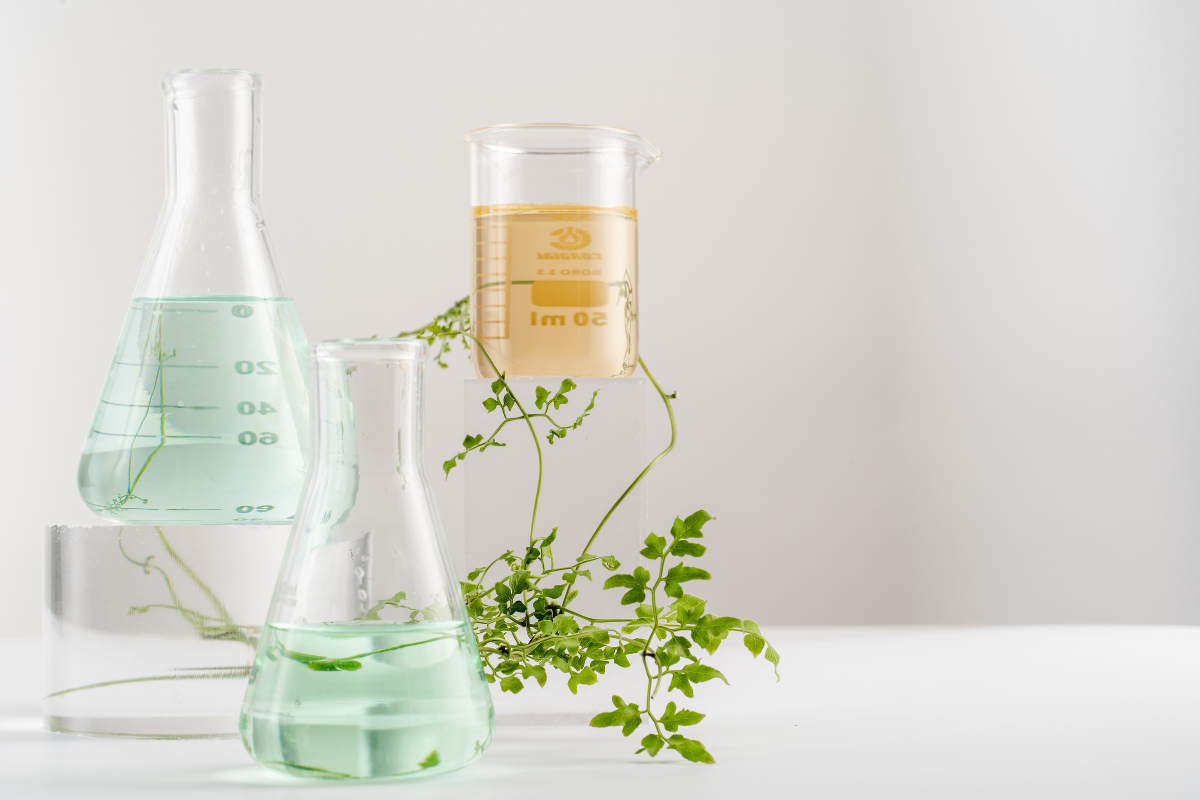In the past there were concerns that St. John’s Wort worked similarly to a monoamine oxidase (MAO) inhibitor, but recent findings have disproved this theory. This means that St. John’s Wort doesn’t have the same restrictions as MAO-inhibiting antidepressants (Gladstar, 2014) (Brinker, 1998) (Gardner & McGuffin, 2013).
Contraindications
Empirical evidence suggests that St. John’s wort should not be consumed during pregnancy due to its emmenagogue, abortifacient and uterine stimulant effects and actions (Brinker, 1998).
St. John’s Wort should not be used during phototherapy (laser or ultraviolet) by fair-skinned persons, or when taking photosensitizing drugs (Easley & Horne, 2016) (Gladstar, 2014) (Chevallier, 2016) (Hoffmann, 2003) (Brinker, 1998) (Gardner & McGuffin, 2013) (Hoffmann, 2003) (Brinker, 1998).
Drug Interactions
If taken internally St. John’s Wort may decrease the therapeutic activity of some immunosuppressants, anticoagulants, antiarrhythmics, calcium channel blockers, anti-anginal, hormonal contraceptives, anxiolytics, antidepressants (tricyclic), antivirals, statins, anti-cancer drugs, beta-adrenergic blockers, hypoglycemics, antiulcer agents, antifungals, anticonvulsants, skeletal muscle relaxants and antihistamines (Chevallier, 2016) (Hoffmann, 2003) (Gardner & McGuffin, 2013). It is strongly advised that you consult with a qualified healthcare practitioner if you intend on taking St. John’s Wort while on other medication.
Avoid using St. John’s Wort when taking selective serotonin syndrome reuptake inhibitors (SSRIs) as it may result in serotonin syndrome. If you are considering switching from SSRIs to St. John’s Wort, implement a 3-week wash-out period for the SSRI before switching to St. John’s Wort (Easley & Horne, 2016) (Chevallier, 2016).
Adverse Events
Based on evidence from clinical trials, St. John’s Wort has been well tolerated, with no serious adverse effects reported (Gardner & McGuffin, 2013).
Evidence obtained from clinical trials also suggests that phototoxicity concerns, when taking St. John’s Wort, are not an issue for the general population. Caution is however advised for fair-skinned persons who experience excessive sunlight exposure.














